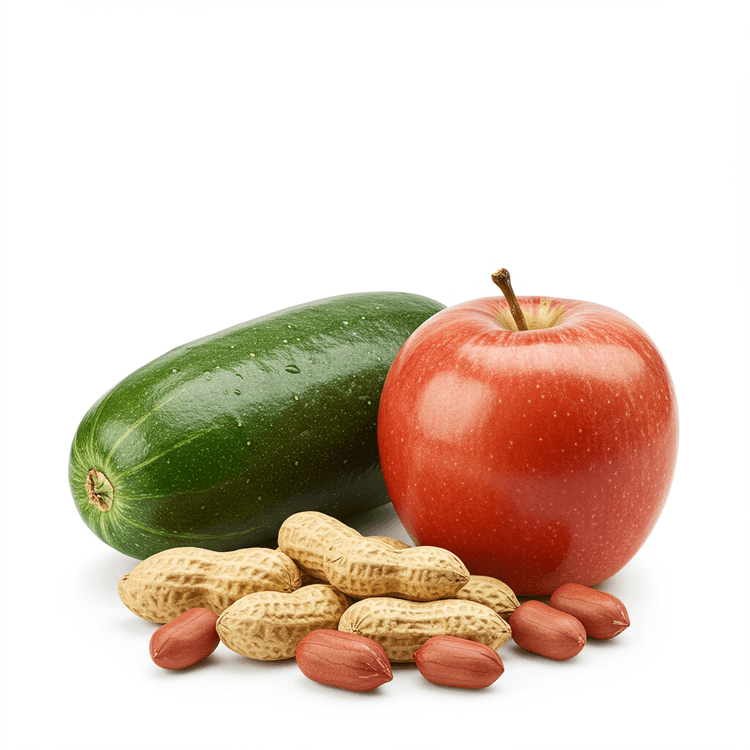
Ice
Ice is a solid form of water, typically transparent or slightly cloudy, known for its cold temperature and refreshing properties. It is commonly used to chill beverages, preserve food, and create a cooling effect in various culinary applications. Ice cubes, crushed ice, and shaved ice are popular forms, each offering unique textures and uses. Its neutral flavor makes it a versatile ingredient for drinks, desserts, and even creative presentations in modern cuisine.
Common Uses
- Used to chill beverages such as cocktails, iced tea, and soda, enhancing their refreshing quality and maintaining optimal serving temperature.
- Crushed ice is often used in smoothies and slushies to create a frosty texture and blend seamlessly with other ingredients.
- Shaved ice is a key component in desserts like snow cones and Hawaiian shave ice, providing a light, fluffy texture that pairs well with syrups and toppings.
- Ice cubes are used in food preservation, such as keeping seafood or fresh produce cold during transportation or display.
- Incorporated into creative culinary presentations, such as serving dishes on a bed of ice to maintain freshness and visual appeal.
- Essential for making ice baths to quickly cool blanched vegetables or halt cooking processes in professional kitchens.
Health Benefits
- Ice is calorie-free and can be used to cool beverages without adding any additional nutrients or calories, making it a diet-friendly option for hydration.
- It helps in maintaining the temperature of cold dishes like salads, smoothies, and desserts, preserving their freshness and texture.
- Crushed or shaved ice is often used in recipes for slushies, cocktails, and cold soups, enhancing the sensory experience.
- Ice can soothe the throat when consumed in small amounts, especially in hot weather or after physical activity.
- It is a key ingredient in making frozen treats like popsicles and granitas, offering a refreshing way to enjoy fruits and flavors.
Chefadora AI is here.
Experience smarter, stress-free cooking.
Storage Tips
Store ice in a sealed, airtight container or a freezer-safe bag to prevent it from absorbing odors from other foods in the freezer. Keep it at a consistent freezing temperature of 0°F (-18°C) or lower. Avoid frequent opening of the freezer to minimize melting and refreezing, which can cause ice to clump together or develop a stale taste.
Marnirni-apinthi Building, Lot Fourteen,
North Terrace, Adelaide, South Australia, 5000
Australia


